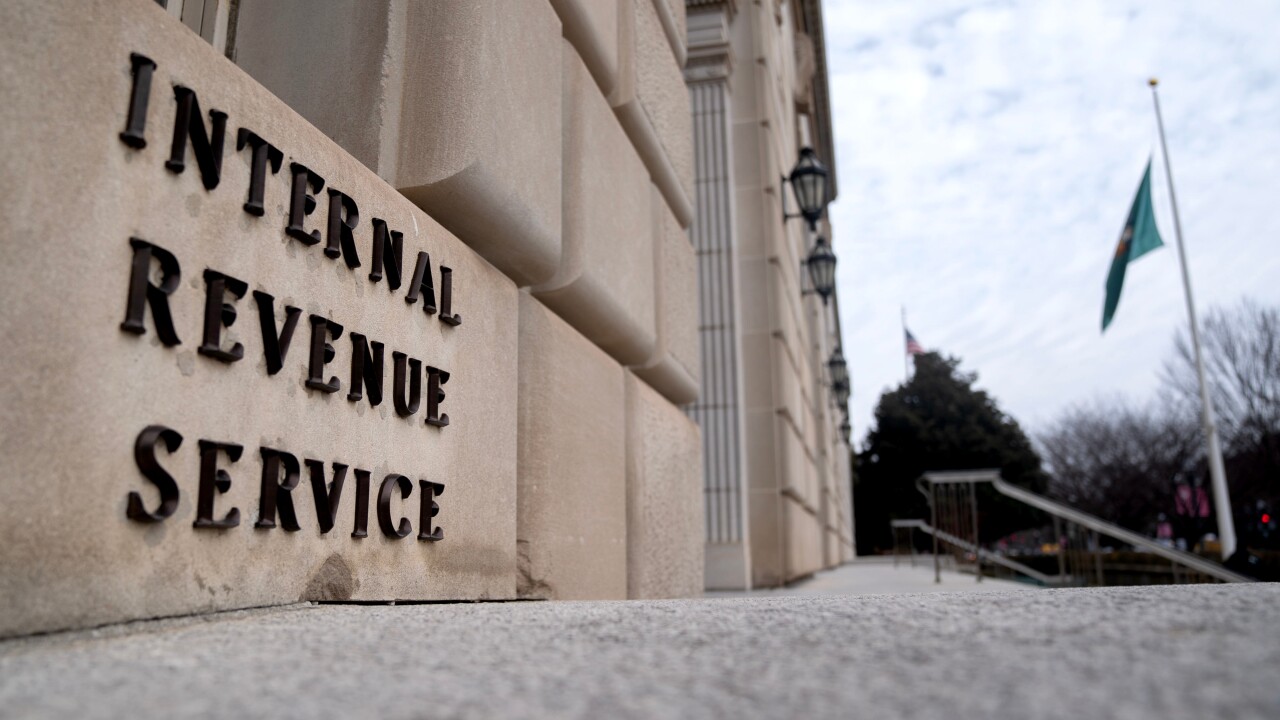As the Department of Labor’s (DoL)
The rule has the potential to dramatically reshape the retirement savings world, particularly commissions-based compensation. It will also have significant implications for fee-based advisors. Many RIAs incorrectly assume that the rule would not impact their business because they are already considered fiduciaries under other regulatory frameworks.
A number of forward-thinking RIAs have taken steps to plan for these changes. They are examining the ways in which the structure of their business, their investment solutions and their interactions with clients will be impacted if the current DoL proposal is finalized. Many are taking a wait-and-see approach. Others continue to hope for last-minute changes.
These two approaches are risky. Though there is still uncertainty about what the final rule will look like and what the long-term impact will be, RIAs should not immediately assume their practices won’t be impacted. Firms that have yet to analyze the impact of the proposed rule or assume this new wave of regulatory scrutiny will miraculously pass them by may find themselves in a costly and time-consuming game of catch-up.
The DoL has proposed a new exemption, the Best Interest Contract (BIC), which would provide relief of conflicts of interest created when a fiduciary receives commissions or varied compensation levels by investment. The new exemption requires advisors to act in the client’s best interest, take steps to mitigate existing conflicts, and reveal any conflicts in order to be met. Now is the time for advisors to examine their practices and determine whether they need relief through the BIC exemption.
We have identified a number of key areas in which RIAs could be impacted by the proposed rule and trigger the need for compliance:
- Management of Retirement Accounts: If you receive compensation for advising retirement accounts, the DoL’s proposed rule will almost certainly apply to you.
- Rollover Advice, Compensation Models and Fee Structures: If you provide recommendations regarding rollover, you get paid differently for recommending certain investment programs or if you charge clients differently based on asset allocation (including cash, you may be subject to the proposed rule and will need to rely on the BIC exemption in order to receive compensation.
- Disclosure: If you receive any sort of compensation other than what you receive directly from your clients, simply disclosing it will not be sufficient to meet your fiduciary duties.
Thinking about the areas outlined above, it would be hard to find an RIA unaffected by the rule. With so many advisors’ businesses closely intertwined with clients’ retirement planning, preparing for the impact of the DoL rule should be a high priority for all firms.
Advisors who have been following developments and adopting their strategic plans for the future should be well-positioned for success in the new regulatory environment. For those who have put off thinking about the DOL’s proposed rule and its exemptions, it’s not too late to start the process.
But there is no time to waste.
Robert Cirrotti is a Managing Director at Pershing LLC, a BNY Mellon company, where he is Head of Investment and Retirement Solutions.
Read more:





